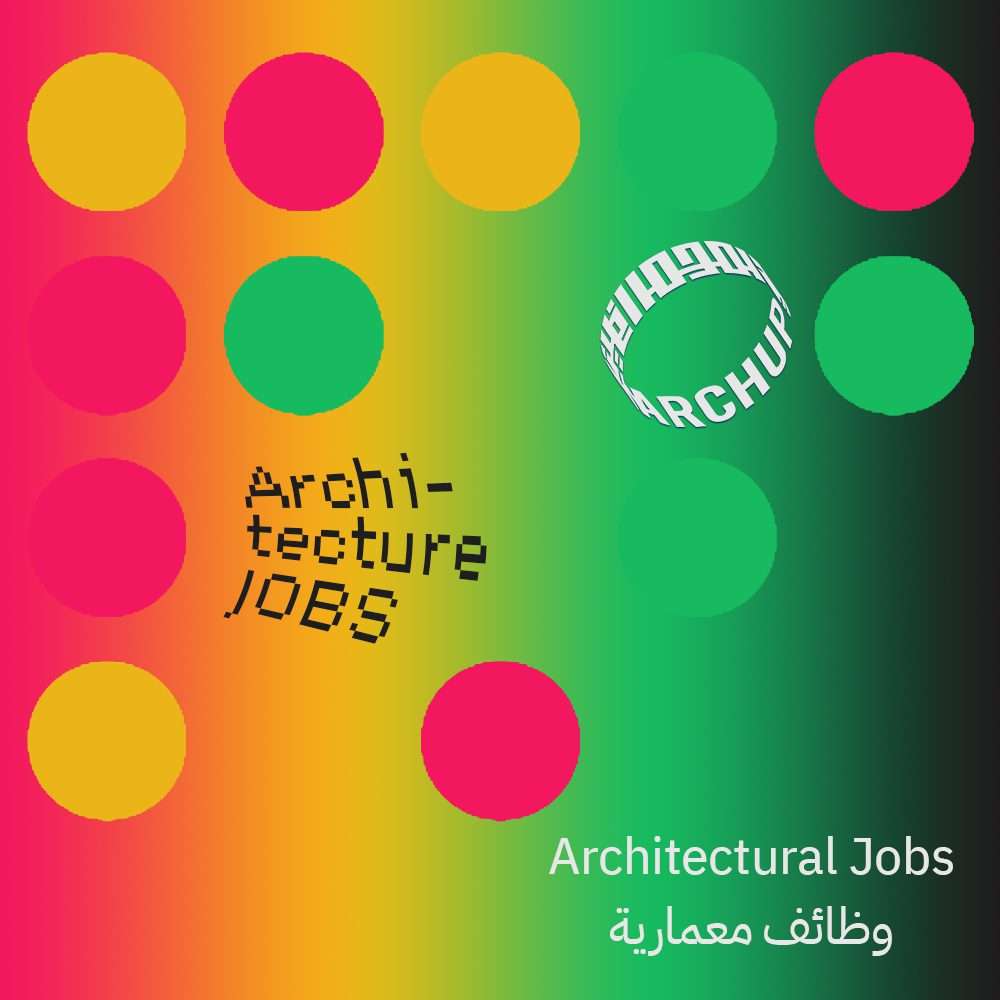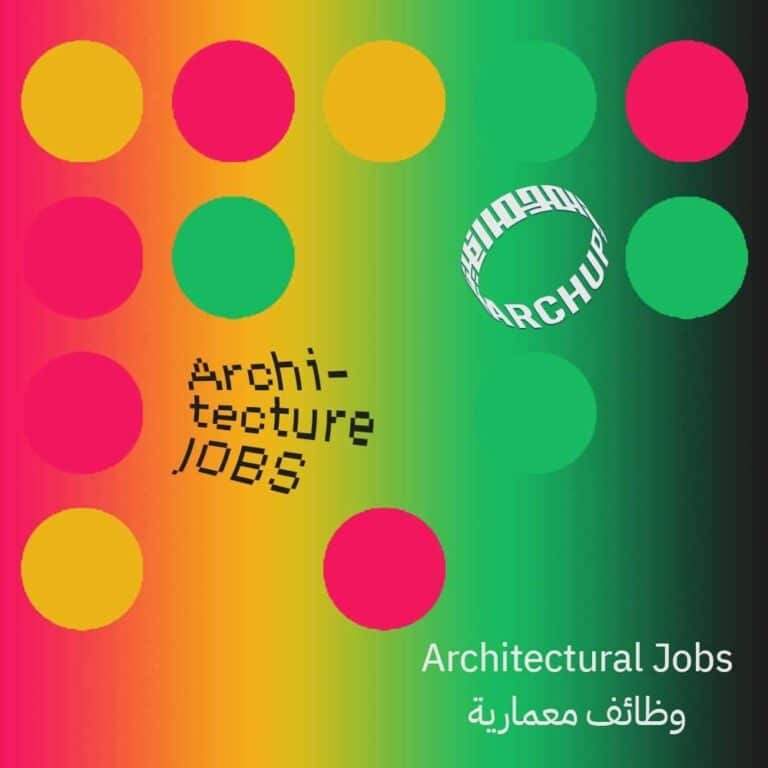Architect Job: EPSRC FIBE2 CDT PhD Studentship with ARUP: Net-zero Energy Retrofits at Scale
Updates on engineering and architecture jobs available around the world
This is a four-year (1+3 MRes/PhD) studentship funded through the Cambridge EPSRC Centre for Doctoral Training in Future Infrastructure and Built Environment: Resilience in a Changing World (FIBE2 CDT). The FIBE2 CDT aims to develop the next generation of infrastructure professionals who can create, shape and deliver the national vision for UK infrastructure, who will be equipped with a versatile and cross-disciplinary skill set to meet the most complex emerging challenges and contribute effectively to better infrastructure decision-making in the UK. Further details can be found at www.fibe-cdt.eng.cam.ac.uk
The project is funded in collaboration with ARUP, a professional services firm with a focus on the built environment and expertise in strategy, design, planning and engineering.
By 2035, UK’s building stock is expected to deliver 63% reduction in total carbon emissions from 2019 levels. These reductions will have to come from a combination of altering patterns of consumption, energy efficiency improvements, and fuel switching, as much of the building stock already exists. Furthermore, the weight of evidence clearly indicates that future cities will need to cope with climate change, which will result in changing energy demand services. The heterogeneity across buildings and its users implies that no single measure will be equally effective. There is thus the need to design portfolios of retrofits that are tailored for buildings and its users. The enormity of the challenge also demands solutions that can be implemented at scale.
This project will quantify domestic net-zero transitions under uncertain climate futures for adaptation and mitigation using stochastic models. The model will be used to generate future scenarios of land use, environment, and energy use across the city that are sufficiently plausible to inform decision-making.
Approaching building emission modelling through a trans-disciplinary lens, this project will harness new data sources and data science methods to model the impacts of retrofit technologies on energy equity as well as net-zero objectives.
The models will be tested in terms of their computational tractability, reproducibility, and usability. Finally, the project will investigate new effective forms of communicating stochastic outputs in forms that can be understood by decision-makers.
Informal enquires about this post can be made to Prof. Ruchi Choudhary (rc488@cam.ac.uk). For general enquiries, please email cdtcivil-courseadmin@eng.cam.ac.uk. For project-specific enquiries please e-mail Prof. Ruchi Choudhary (rc488@cam.ac.uk).
Applicants should have (or expect to obtain by the start date) at least a good 2.1 degree in a Bachelors or Masters in any engineering or related subject. Relevant industrial experience and a good understanding of building physics and energy demand modelling would be an advantage. Good programming skills, experience with data and evidence of independent and creative thinking would also be desirable.
The FIBE2 CDT studentships are fully-funded (fees and maintenance) for UK students. A small number of funded places may be available for excellent EU/international students. Further details about eligibility and funding can be found at:
www.postgraduate.study.cam.ac.uk/finance/fees
www.cambridgetrust.org/scholarships
Applications should be made online on www.postgraduate.study.cam.ac.uk/courses/directory/egegpdfib with Project: Net-zero Energy Retrofits At Scale with Prof. Ruchi Choudhary stated on the form.
The University actively supports equality, diversity and inclusion and encourages applications from all sections of society.







